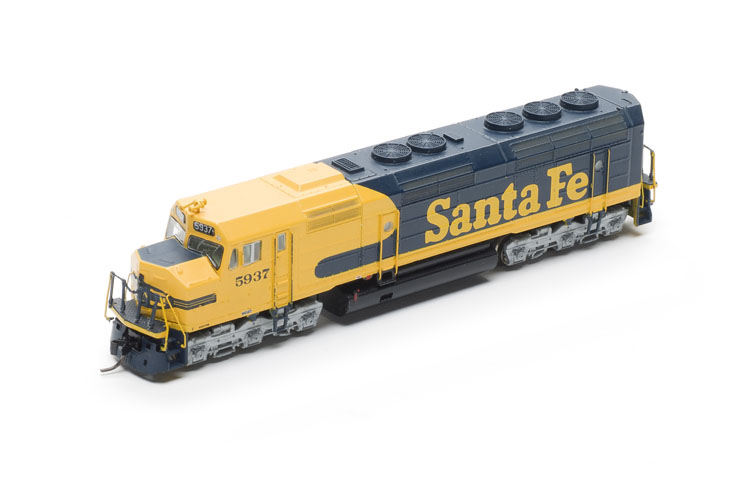
The Santa Fe worked closely with EMD in developing the locomotive and ultimately had 40 F45s and 9 FP45s built in the late 1960s. (The FP45s were intended for passenger service, so they had a steam boiler and were 6 feet longer.)
These are big, beautiful, honkin’ engines, both in reality and in model form, even in N scale, and they’re iconic to Santa Fe fans and modelers. The Athearn N scale versions will outpull any SD-type model two-to-one, as the wide body permits a much heavier frame. And the sound effects created by the SoundTraxx Tsunami DCC decoder are just great. I wish I could afford to put sound decoders in everything.
Seemingly dead
Imagine my chagrin, then, when one day for no apparent reason one of these engines just sat there and refused to do anything. I assumed the decoder was dead, which made me very unhappy. Replacing a typical plug-and-play decoder was one thing, but this was an expensive sound decoder with wires to a tiny speaker, something I didn’t want to mess with at all.
The Lazarus CV
Wondering if Athearn could fix this, I gave them a call and talked to a fellow named David who suggested that maybe my decoder wasn’t really dead, just playing ’possum. He asked if it would do anything at all, walked me through it, and we discovered the bell worked. This was kind of like the old-time movie coroners seeing a little breath on a mirror. From there it took several calls, but he talked the engine back to life, telling me what configuration variable (CV) to set to what value.
As it turns out – and perhaps most of you DCC users already know this – decoders have a CV that will restore the factory settings. Somehow the brains in my decoder had become scrambled, but setting CV30 to 2 and turning the system off and back on solved the problem.
Challenges of DCC
I love DCC and would never go back to direct current (DC) control, but one problem I have is that there’s so much to know that DCC can become a hobby separate unto itself. I’ve met model railroaders for whom it has become exactly that, and they enjoy it thoroughly, even getting into using computer programs to customize speed tables so their locomotives will run perfectly together. I’d like to do all that, but I’d also like to some day finish my railroad.
Fortunately, you don’t have to be an expert to enjoy DCC. I’m grateful I have an NCE system which is, in my opinion, more transparent to the user than most others. Most of what I want to do is accomplished by following prompts on the screen, and I don’t have to know which CV does what. Also, NCE has an excellent manual I use often. Usually it’s a matter of I know I can do it, I’ve done it before, but now I don’t remember how.
The manual for your DCC system is your best friend, but various manufacturers’ decoders have their own vagaries and it’s good to keep the instructions that come with them. Most decoder manufacturers also have excellent websites to help you with installation and use. I’ve found TCS and SoundTraxx sites especially helpful.
Make the call
Men are notorious for not asking for directions and not seeking help, but when it comes to DCC, my advice is, get over it. Understanding DCC is a complex business, and adding sound systems to decoders adds a whole new level of mystery. If you have a problem, make the call; you’ll be glad you did. It’ll save you a lot of time and frustration.
In addition to Athearn, I’ve called Digitrax and NCE, and they’ve all been patient and stuck with me until the problem was solved. (Larry at NCE was always especially great.) Obviously, these folks want you to enjoy your DCC experience. That’s why they’re there. It’s good for business.
Since the episode with Athearn I’ve brought other apparently dead N scale locomotives back to life by restoring the decoder’s factory settings and reprogramming them. I don’t know why on rare occasion a decoder loses its bearings, but I strongly suspect there’s a good reason and the culprit is me. Like a computer, it just does what I tell it to do.
It’s a scary thought, but I have to believe I’ve replaced some decoders in the past that had absolutely nothing wrong with them. How many? I think I really don’t want to know.






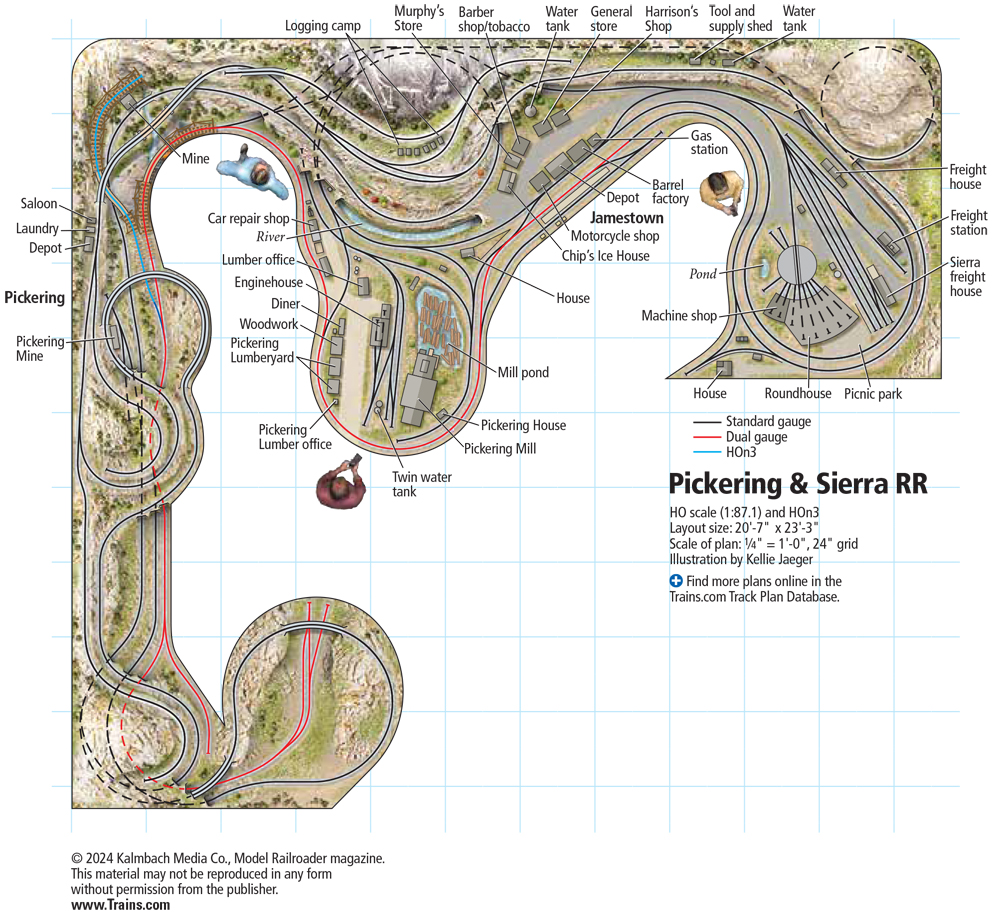
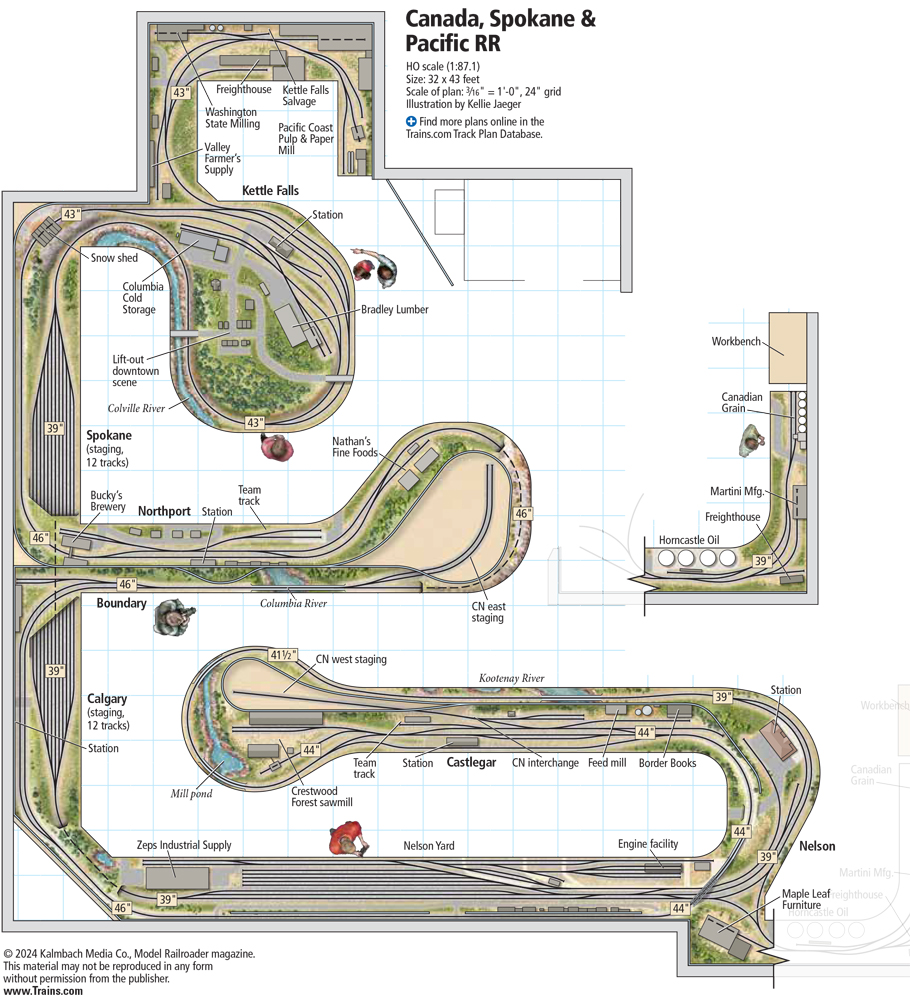
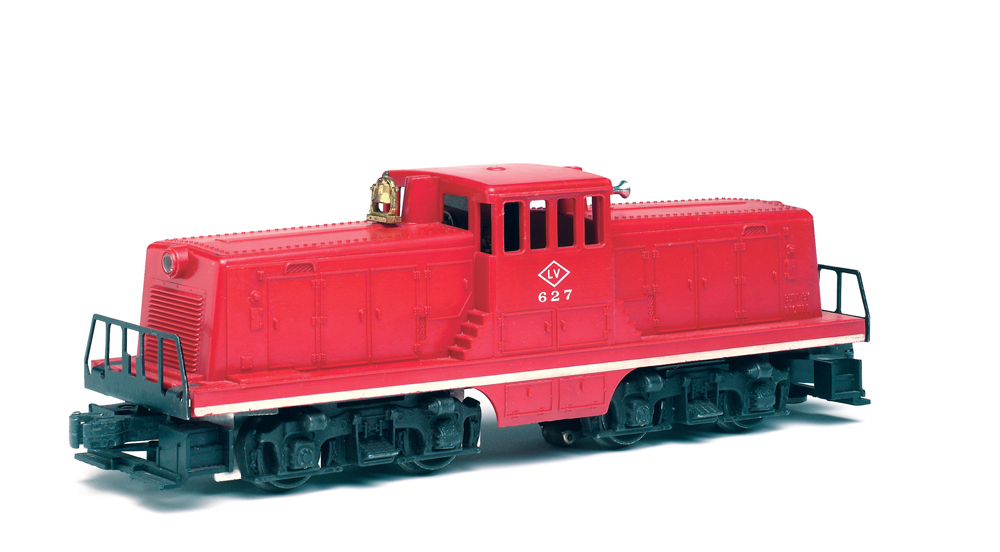
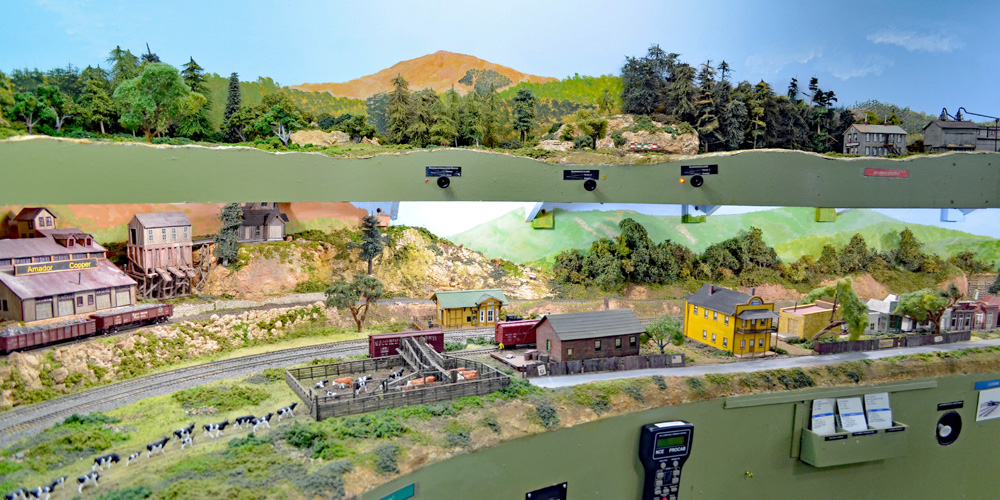
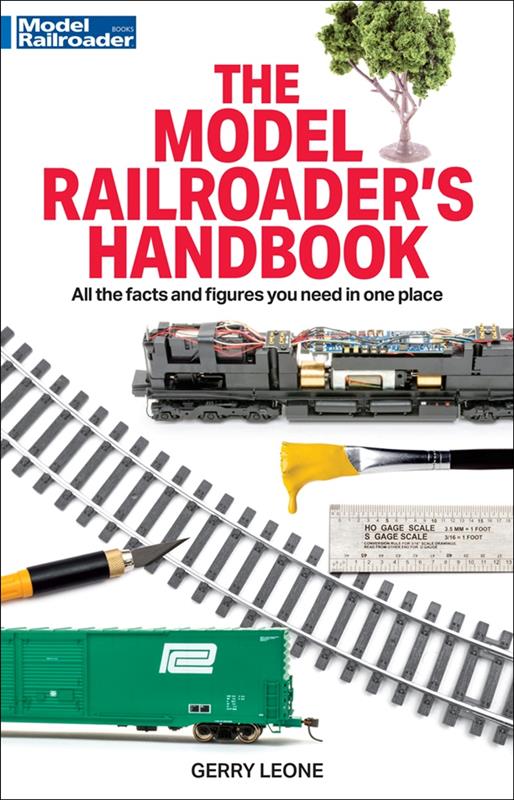
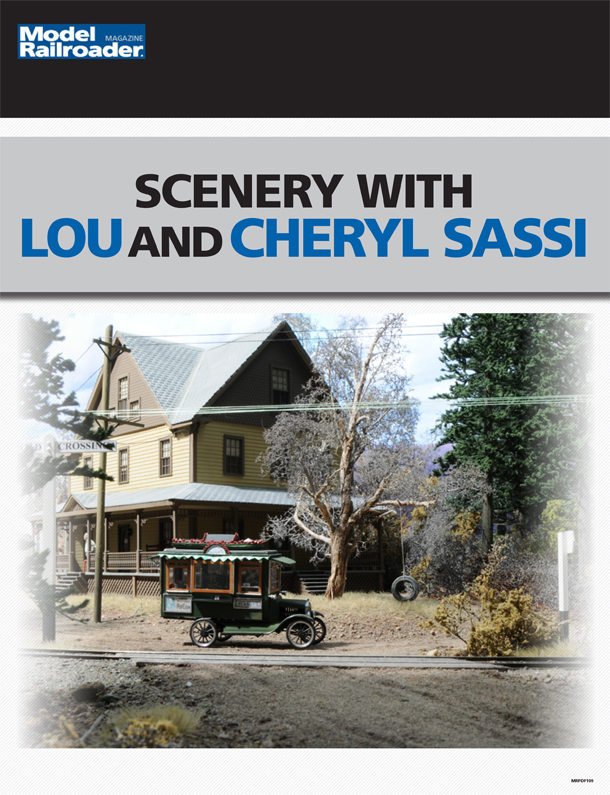
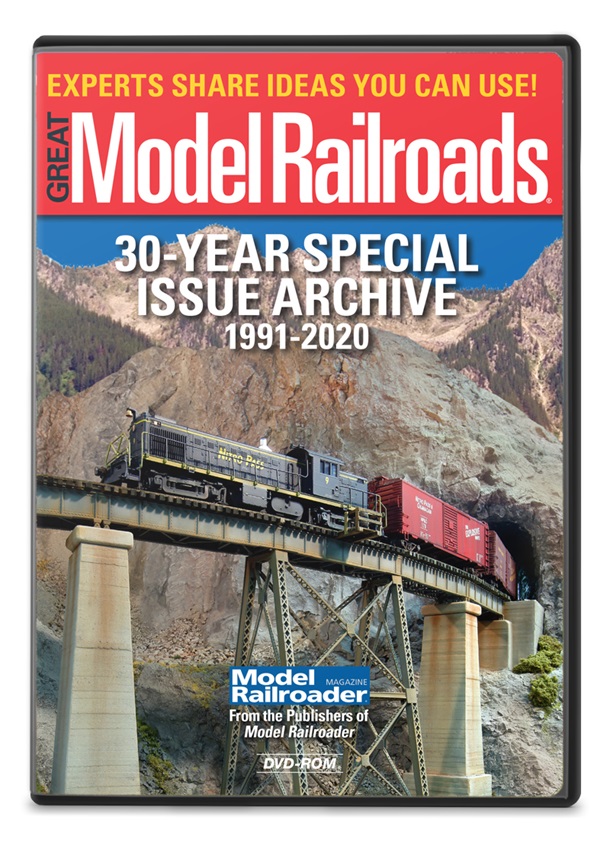

Angelo, I would certainly buy a copy.
DCC decoders are infant computers, and we all know what computers do—-they crash!
Had same problem, and tried your solution on something I was selling “as is” and fixed the problem. Thanks… Someone should produce “DCC for Dummies” if it does not already exist.
Hey Jim,
Another great article for us N Scalers. I absolutely agree about having to replace TCS CN/GPs, a real pain in the butt, and not cheap either, when a reset of the decoder might have worked? But not being able to remember which CV to reset! Wish someone else (Digitrax) would come out with their own version of this decoder, quality control might get better, as well as prices! Some competition here is whats needed.
Anyway, good on Intermountain for producing what looks to be a top notch new SD40-2, and with sound as well. Have you tested any out yet? Looks like we both will be needing a fleet of these new beauties! Happy New Year, from down under and keep up the great work!
Trev